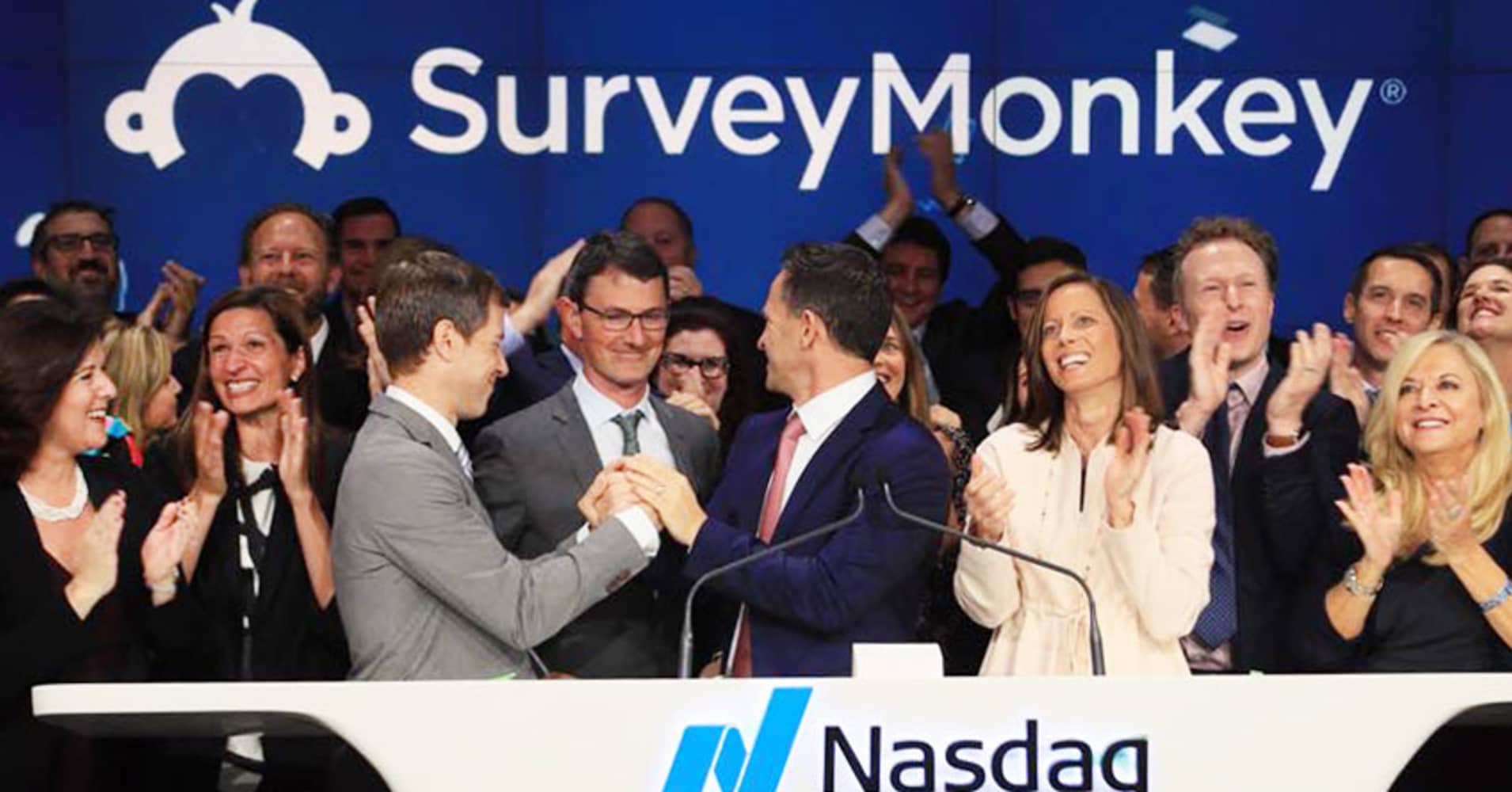
Investors’ appetite for IPOs seems to only increase as giants like Uber and AirBnB stay private longer. Despite never posting a profitable year, Survey Monkey, jumped 40 percent after its public offering last week. Shares of money-losing biotech company Solid Biosciences meanwhile tripled after the IPO despite an announcement that one of its clinical trials had been put on hold, according to the Journal.
But these money-losing companies are less forgiving in the long run, according to Ritter.
“The average return on the first day has been about the same, but over the next three years the profitable company IPOs have beaten the unprofitable company IPOs by about 6 percent per year,” Ritter told CNBC in an email. “This pattern of profitable IPOs beating unprofitable IPOs was also true in the 1980s and 1990s.”
Ritter looked at thousands of IPOs that happened between 2001 and 2016. On the first day of trading, the unprofitable companies were almost in line with profitable ones, gaining an average 13.8 percent versus 14.2 percent respectively.
In the next three years though, the difference was stark. Unprofitable companies returned an average 12.6 percent, and underperformed the market by 9.7 percent, Ritter said. Profitable companies meanwhile returned an average 30.4 percent, beating the market by 7.9 percent, or by about 3 percent per year.
Be the first to comment